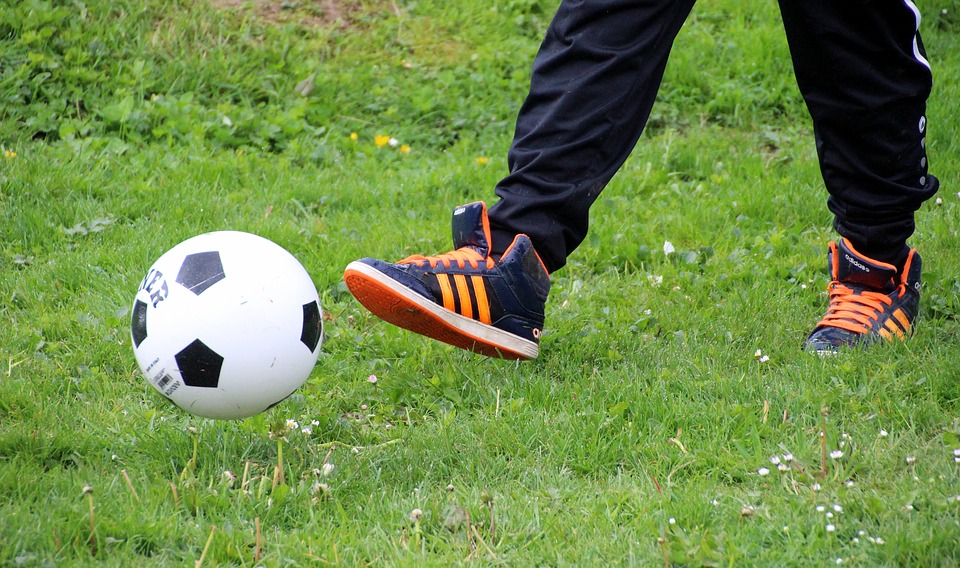There has been a sharp increase in asthma in the U.S. over the past few decades. Asthma can affect anyone—even athletes who are in great shape. Asthma occurs when the airways become inflamed and constricted and produce extra mucus. These factors can trigger coughing, wheezing and shortness of breath.

(Pixabay / Myriams-Fotos)
Asthma is often allergy-induced, but it can also be triggered by environmental factors and exercise. Research shows that anywhere from 10 to 25 percent of high school and college athletes have exercise-induced asthma, but that doesn’t have to be a deal breaker.
Whether your asthma is caused by allergies, exercise, or other factors, here are some ideas to help you manage your asthma while participating in sports.
- Workout indoors when conditions are bad, such as when pollen counts and pollution are high.
- Wear a ski mask or scarf during the winter if you are exercising outside.
- Breathe through your nose when you are exercising.
- Don’t plunge right into exercise. Warm up slowly beforehand. Then wind down with a cool-down routine.
- Stay hydrated.
- If you have an inhaler, make sure it is always within easy access. Try taking your prescribed dose a few minutes before you start working out.
- Don’t zoom from 0 to 10 in workout force. Gradually work up the intensity ladder.
If asthma is throwing off your game, talk to your doctor. If your asthma is allergy-related, ask about allergy immunotherapy. This is the only treatment that can actually address your underlying allergy. Inhalers, for example, help temporarily with allergy symptoms, but they do nothing to help the root allergy. Thus, while inhalers are a short-term “bandage fix,” allergy immunotherapy provides a long-term solution. It can help your body develop a tolerance to allergens in the environment so that it will stop reacting to them with symptoms such as asthma.
Allergy immunotherapy is available through shots or, more safely and conveniently, through under-the-tongue allergy drops that can be taken at home. Contact an AllergyEasy staff member to find out if allergy immunotherapy is an appropriate treatment option for your asthma.
AllergyEasy can help your doctor prescribe sublingual immunotherapy (allergy drops) or subcutaneous immunotherapy (allergy shots) where appropriate. They can also talk to you about the cost of sublingual immunotherapy as it compares to allergy shots.


